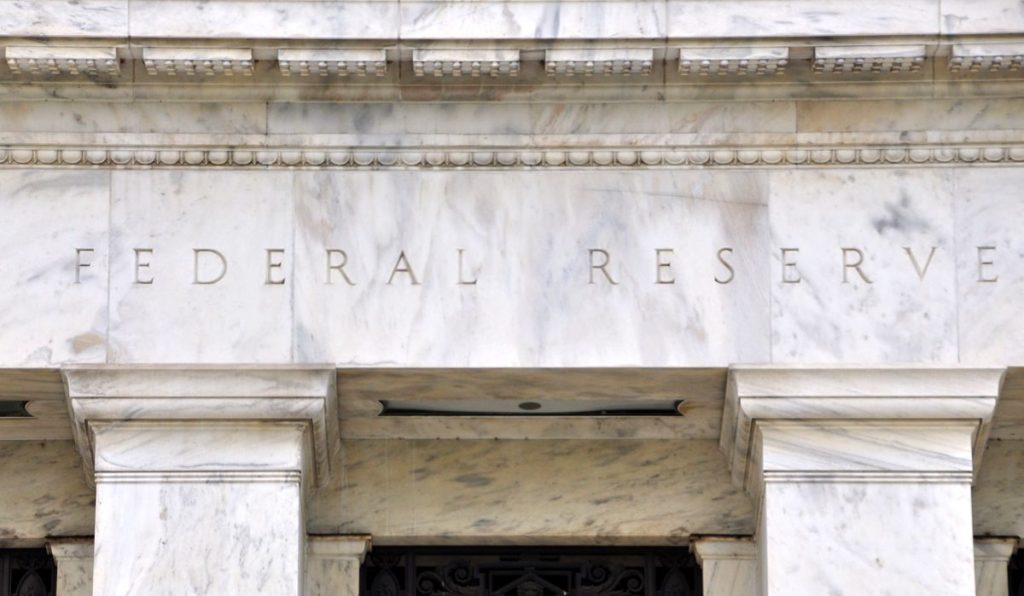President Joe Biden nominated Jerome Powell for a second term as Federal Reserve chair, and elevated Lael Brainard to vice chair, the No. 2 position at the central bank.
Powell’s response to the COVID-19 pandemic, in the form of aggressive monthly asset purchases beginning in March 2020, set off an extraordinarily profitable year for the mortgage industry.
Powell’s nomination signals continuity as the central bank confronts inflation and an uncertain economic outlook. In a statement on his nomination, Powell said the Fed would use its tools to “prevent higher inflation from becoming entrenched.”
Bob Broeksmit, the president of the Mortgage Bankers Association, said the trade group and its members have met with Powell and find him “engaging, thoughtful, and measured in his approach to the mortgage markets.”
But perhaps of more immediate import than Powell’s continued leadership is Brainard’s ascension to vice chair. Her nomination sends a strong message that the Fed will continue to prioritize efforts — which Brainard has spearheaded — to modernize the Community Reinvestment Act.
How increased regulation presents a huge opportunity for lenders
Growing and investing in relationships and communities in the long term is one of the many opportunities presented by stricter fair lending regulations. Learn more here!
Presented by: iEmergent
The statute, which President Jimmy Carter signed into law in 1977, was envisioned to address redlining, which had lingered despite the passage of the Fair Housing Act in 1968. The racial homeownership gap now yawns as wide as it did in 1968, but most lenders receive a “satisfactory” or “outstanding” grade on Community Reinvestment Act inspections. Lenders and community groups mostly agree that the law should be updated: to reflect the intent of the law, to respond to changes in mobile banking, branches and geography, and to provide consistency and clarity to lenders.
Fair housing advocates say that the CRA, which has never directly mentioned racial inequality, should “never have been color-blind.” That could soon change, with Brainard as vice chair.
In a statement, Brainard said she was committed to putting working Americans at the center of her efforts at the Federal Reserve.
“I am confident that by working together we will see a strong recovery that is broad-based and inclusive,” she said.
Recently, Brainard led the effort at the Fed that resulted in an advance notice of proposed rulemaking in October 2020 to revamp the statute. It included a pointed question on racial inequality — music to affordable housing advocates’ ears.
“In considering how the CRA’s history and purpose relate to the nation’s current challenges,” the notice read, “What modifications and approaches would strengthen CRA regulatory implementation in addressing ongoing systemic inequity in credit access for minority individuals and communities?”
Fair housing groups applauded the language in their responses to the advance notice of proposed rulemaking. They now see her nomination as a signal that efforts to modernize the CRA will continue to be a priority.
David Dworkin, a former U.S. Treasury official who helped to draft a 2018 plan to modernize the CRA, said Brainard was the first CRA policymaker to open up a serious conversation on CRA being used as a direct tool to impact racial equity.
“We’re going to need to measure the impact of lending and investing on racial minorities that were discriminated against over the course of nearly a century of federal policy,” said Dworkin. “She gets it. She’s not afraid to address it. And she has a relationship with Powell — they see each other as a team on this issue.”
Groups representing mortgage lenders, which appreciate clarity and predictability, took comfort when Brainard said the notice would “build a foundation for the banking agencies to converge on a consistent approach that has broad support.”
The federal banking agencies have, in recent history, been at odds on the CRA. In 2019, the Federal Deposit Insurance Corporation and the Office of the Comptroller of the Currency proposed its own revised CRA rule, under the leadership of then-Comptroller Joseph Otting, but without the support of the Fed.
Shortly after, Brainard sharply criticized the proposed rule in a speech she made at the Urban Institute.
“Given that reforms to the CRA regulations are likely to set expectations for a few decades, it is more important to get the reforms done right than to do them quickly,” Brainard said at the time.
But in May 2020, the OCC pushed ahead with a final rule which fair housing advocates said would eviscerate the federal anti-redlining statute. Mortgage lenders called the data reporting requirements onerous.
That rule was rescinded in September. Recently, some states have enacted their own CRA-like statutes, which apply to nonbank lenders, too.
To revise the federal statute, mortgage lenders would much prefer a coordinated approach between the three federal banking agencies, the FDIC, the OCC and the Fed. And they believe Brainard is the one to marshal that process.
“Nominating Brainard for Vice Chair will ensure that the momentum to align the prudential regulators on CRA reforms for banks will have a strong push from the top of the Board,” said Broeksmit.
President Biden still has three empty seats at the Federal Reserve to fill, including the position of vice chair for supervision. In a statement, the White House said Biden intends to make those appointments in December and “is committed to improving the diversity in the Board’s composition.”





